| When I first caught the running bug, the invites for running dates started pouring in. All of a sudden, all of my running friends wanted to run with me! I was relatively new to running and was averaging about a 10 minute mile. My friends who were more experienced runners could run MUCH faster than me. How could we run together? I declined a lot of those invitations, mostly because I felt it was enough of a struggle to keep up with my pace when I was on my own. I didn't want to be pressured into running at a faster pace, and even more, I didn't want friends to feel like they had to slow down to run at my pace. It was really easy for me to articulate - it's not hard to tell people they run TOO FAST, in fact, in some ways, it might stroke their ego a bit. As a result, I did most of my training alone. |
| | After two cycles of marathon training and a summer of speed work, my pace has improved, and I am able to find a few friends who run at a pace similar enough to mine that we are able to run together. But now, I have friends who are relatively new to running asking me to run with them. Although I'm no Speedy Gonzales, I now find myself on the other side of the speed issue. When training (and even just for fun), I'll have an "easy" run every now an again. But how do you tell a friend that you had planned to run at race-pace today? Do you sacrifice your challenging run to run at a slower speed, but with a friend? After all, running is always better with friends, right? |
Why do we judge ourselves on our pace anyway?
| I got to thinking - why do we care so much about our pace anyway? I can't tell you how many times after telling people I ran a marathon, they ask me how long it took me. While I'm proud of my time and know I gave it my all, does it really matter? Does being a marathon finisher only matter if you finish it in a certain amount of time? The answer is no, right? I recently read two blog entries from some fellow fitness enthusiasts. The first one (Comparing my Weaknesses to Your Strengths) addresses the art of comparison. Charlotte discusses how we are really good at putting ourselves down when comparing ourselves to other people, yet really bad at commending ourselves for our own strengths. The second one (I Run Slower Than a Dial Up Connection: Speed is Relative) addresses the fact that speed is really relative. Cori writes about how one runner's "fast" pace can be another runner's "slow" pace and vice versa. Both are great reads! |
When running races, you're really only competing against yourself
| | One of the things I love about running is that you're really only competing against yourself. That's why we get so excited when we PR - that P stands for PERSONAL! We all have some sort of natural ability that we start out with when we decide to take up running. I remember running the mile as part of the Physical Fitness Test in elementary school. I STRUGGLED to run that mile, and although I can't remember my time, I'm sure it was over 10 minutes. I remember some of my classmates finishing in 6 and 7 minutes. I doubt any ten year olds are training for the Physical Fitness Test, so I'm going to say that the differences in speed are probably due to differences in natural ability, motivation and whatever sports each child is participating in outside of school. Regardless of these things, we all have some sort of "starting place" when it comes to our speed. In most cases, it's not limiting, but the path we each take to improve our speed is going to be different. |
Is your pace the best judgement of how you did?
What does this all mean for us runners?
| I think the take-home message here is that we're all just trying to reach a goal - whether that means running a longer distance, a faster pace or for some, just getting out there and running. For me, running is all about that sense of accomplishment, and an accomplishment for me might be different than an accomplishment for you. Whatever the goal is, I hope you don't get too bogged down by your pace. There are ways to improve your speed if you're interested. And when that friend asks you to go for a run? Go ahead - it's challenging to speed up and sometimes it's challenging to slow down too! |


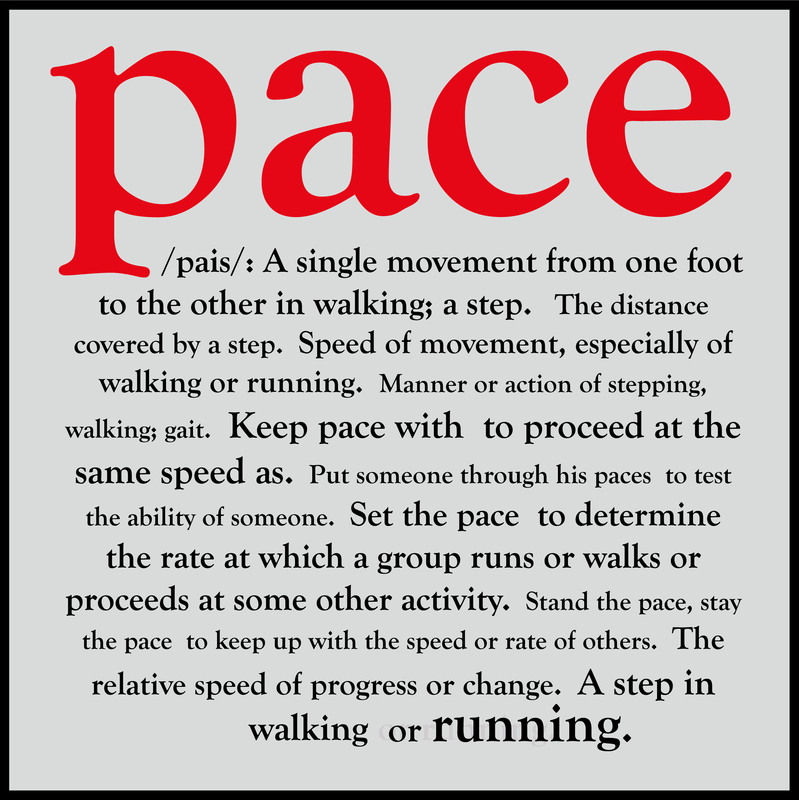
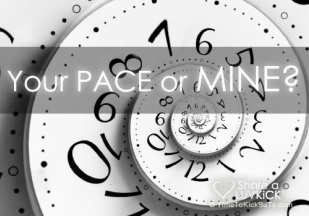
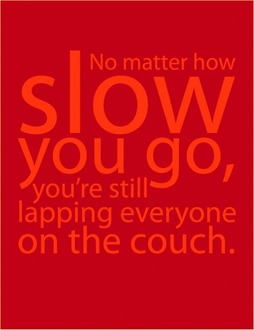
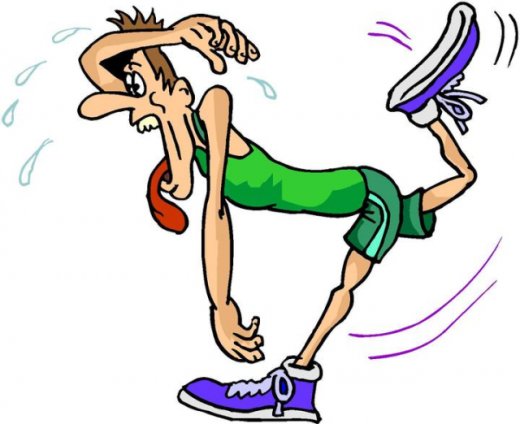
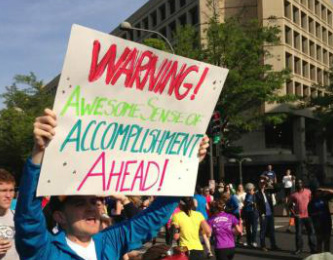




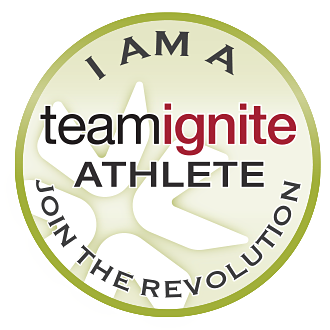

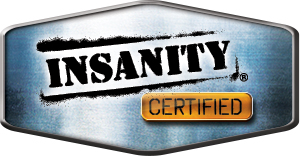
 RSS Feed
RSS Feed
